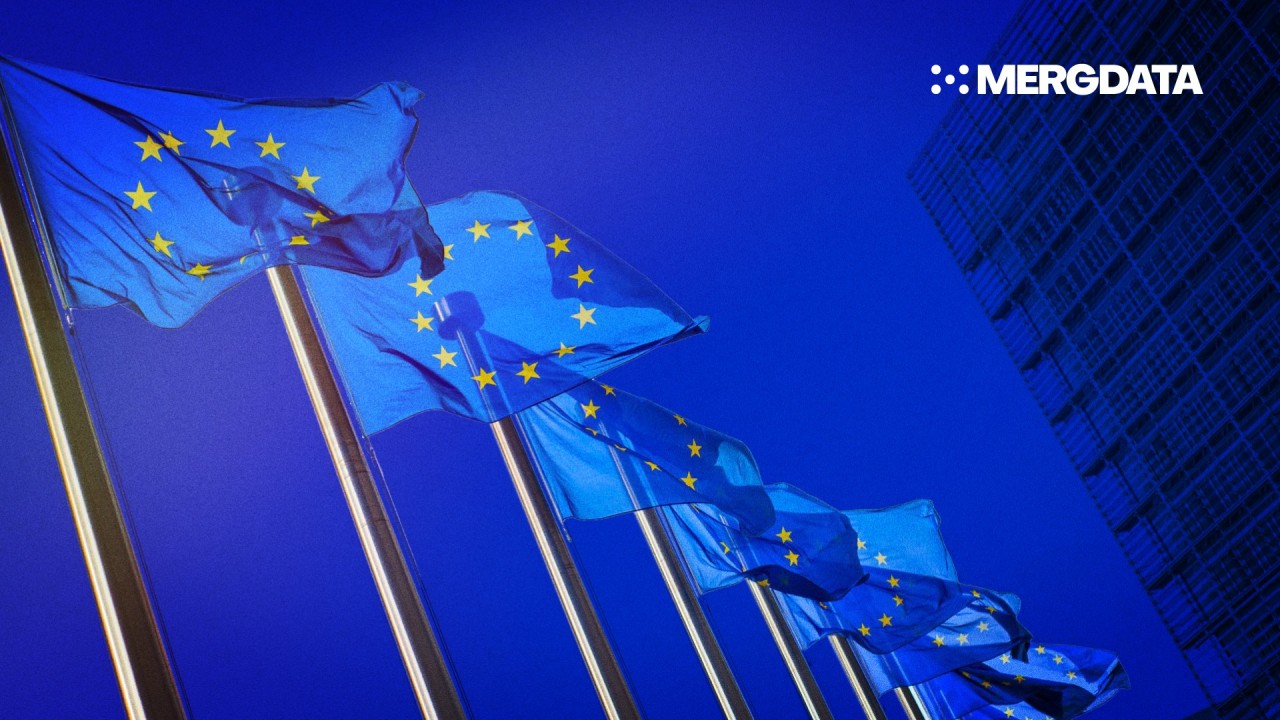Reevaluating Europe’s Sustainability Landscape: The Omnibus Proposal’s Impact on Corporate Reporting and Due Diligence

In February 2025, the European Commission introduced the Omnibus proposal, a comprehensive package aiming to simplify existing sustainability regulations, including the Corporate Sustainability Reporting Directive (CSRD), the Corporate Sustainability Due Diligence Directive (CSDDD), the EU Taxonomy Regulation, and the Carbon Border Adjustment Mechanism (CBAM). This initiative seeks to reduce administrative burdens on businesses, particularly small and medium-sized enterprises (SMEs), by streamlining compliance requirements. However, these proposed changes have sparked a debate about their potential impact on corporate transparency, accountability, and the EU’s broader sustainability objectives.
Streamlining Sustainability Reporting: A Double-Edged Sword
The Omnibus proposal suggests significant modifications to the CSRD, primarily by narrowing its scope. The key changes include:
- Scope Reduction: Limiting mandatory reporting to large EU companies with over 1,000 employees and a net turnover exceeding €450 million within the EU. This adjustment aims to alleviate reporting obligations for smaller firms but raises concerns about the potential reduction in the breadth of sustainability data available to stakeholders.
- Delayed Deadlines: Postponing the application of certain reporting requirements, providing companies with additional time to adapt to the evolving regulatory landscape. While this offers temporary relief, it may also delay the integration of comprehensive sustainability reporting into corporate practices.
Critics argue that these changes could lead to a significant reduction in the quantity and diversity of sustainability disclosures, potentially hindering stakeholders’ ability to assess corporate environmental, social, and governance (ESG) performance effectively. This concern is particularly pertinent given the EU’s leadership role in promoting global sustainability standards.
Reassessing Corporate Due Diligence Obligations
The proposed amendments to the CSDDD aim to simplify due diligence processes by:
- Focusing on Direct Suppliers: Limiting due diligence obligations to direct suppliers, thereby reducing the complexity of monitoring extended supply chains. While this approach decreases administrative efforts, it may overlook indirect risks associated with deeper supply chain tiers.
- Adjusting Compliance Deadlines: Delaying the initial reporting deadline from 2027 to 2028, offering companies more time to implement necessary due diligence measures. This extension could be beneficial for businesses struggling to meet the original timeline but might also postpone the realization of the directive’s intended human rights and environmental protections.
While these adjustments aim to reduce the compliance burden, there is a concern that they might dilute the effectiveness of the due diligence framework, potentially allowing significant human rights and environmental risks to remain unaddressed.
Implications for SMEs and the Risk of Regulatory Fragmentation
The Omnibus proposal places a strong emphasis on reducing the regulatory burden for SMEs, with the European Commission targeting a 35% reduction in reporting requirements for these entities. This focus acknowledges the resource constraints faced by smaller businesses but raises questions about the consistency and comparability of sustainability data across companies of varying sizes.
Moreover, by exempting a substantial number of SMEs from certain reporting obligations, there is a risk of creating a fragmented regulatory environment where large corporations adhere to stringent sustainability standards while smaller firms operate under significantly lighter requirements. This disparity could lead to challenges in assessing the full spectrum of corporate sustainability performance within the EU market.
Revisiting the EU’s Global Sustainability Leadership
The proposed simplifications have sparked a broader debate about the EU’s commitment to maintaining its leadership in global sustainability initiatives. While the intention to reduce administrative burdens is understandable, it is crucial to ensure that these changes do not undermine the EU’s role in setting high environmental and social governance standards. Observers caution that scaling back reporting and due diligence requirements could send a signal that the EU is retreating from its ambitious sustainability goals, potentially influencing global norms and expectations.
Conclusion
The Omnibus proposal represents a significant shift in the EU’s approach to sustainability regulation, balancing the need to reduce business burdens with the imperative to uphold rigorous environmental and social governance standards. As the proposal moves through the legislative process, it will be essential to carefully consider its long-term implications for corporate transparency, accountability, and the EU’s standing as a global sustainability leader.
As the regulatory landscape shifts with the new Omnibus proposal, it’s essential to ensure your business stays compliant with evolving sustainability standards. Mergdata provides a powerful suite of tools to help organizations manage their reporting requirements, streamline due diligence processes, and ensure full transparency in their supply chain.
With Terra MD for land use and carbon tracking and Darli AI for real-time data collection and farmer engagement, Mergdata enables businesses to meet both EU regulations and sustainability goals efficiently.
Book a personalized demo today to see how Mergdata’s platform can support your sustainability journey, simplify compliance, and help your business thrive in this new regulatory environment. Our experts are ready to show you how our solutions can be tailored to meet your specific needs.